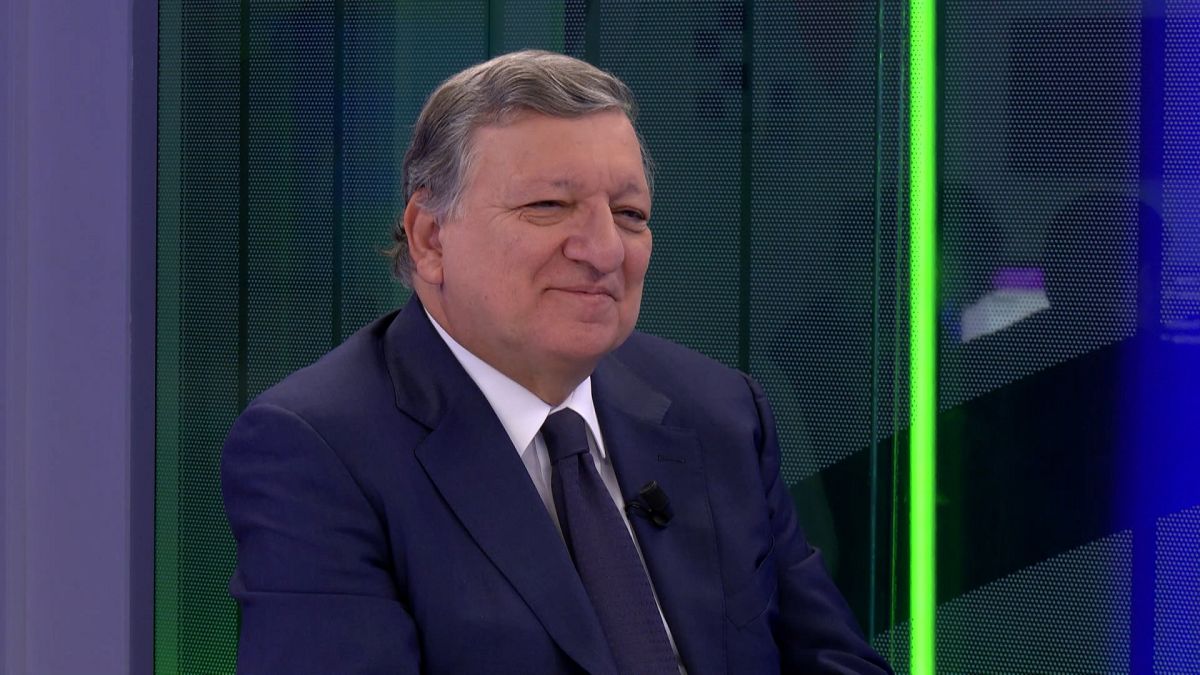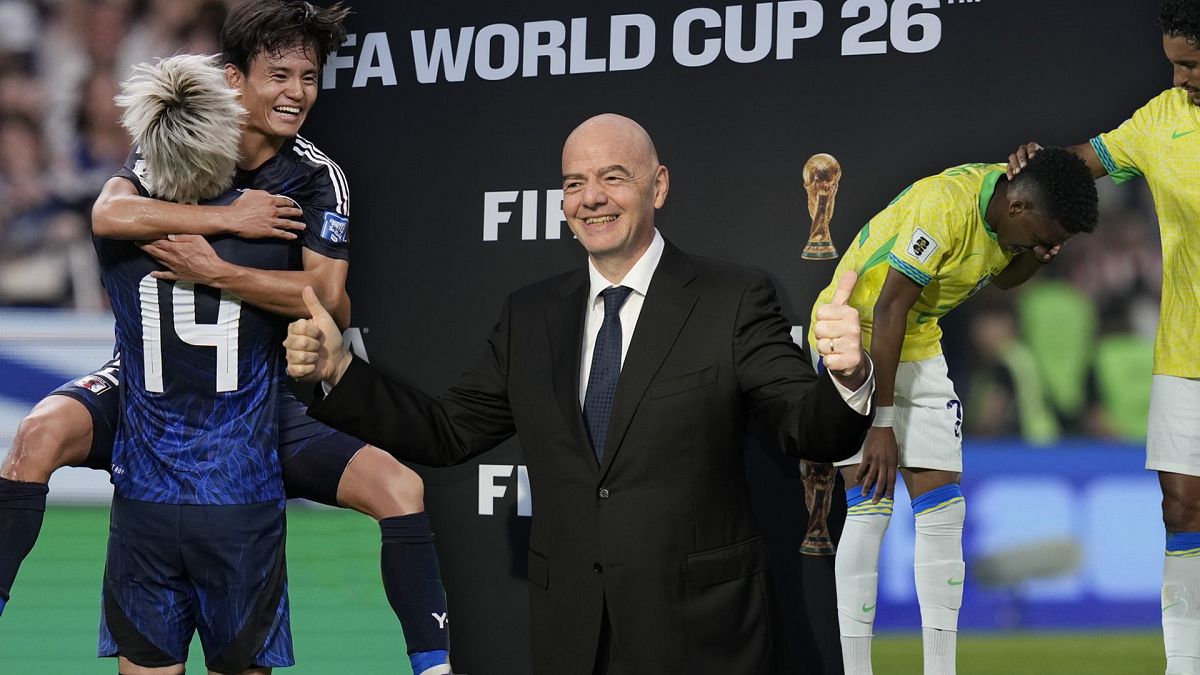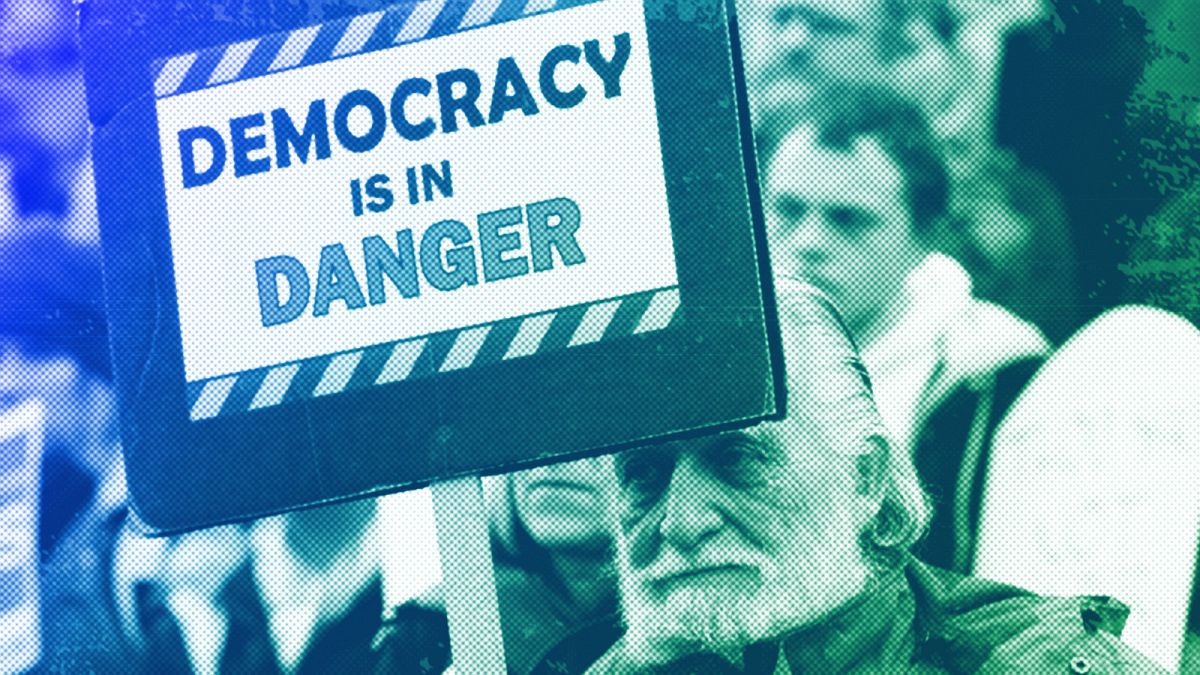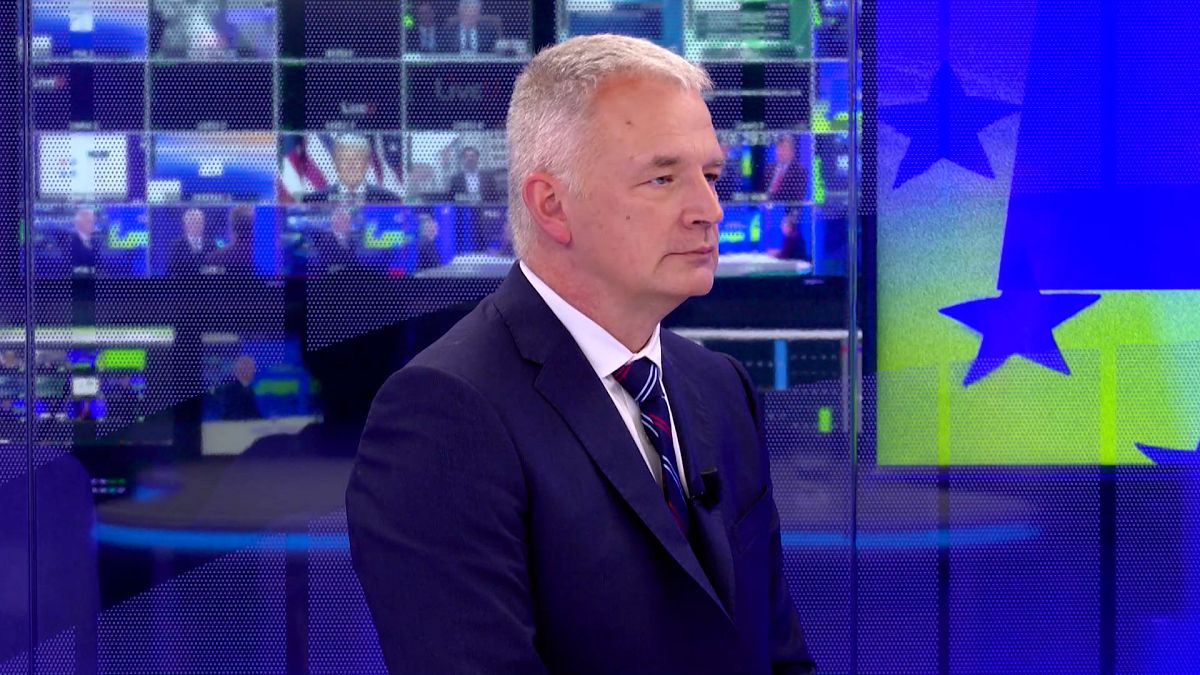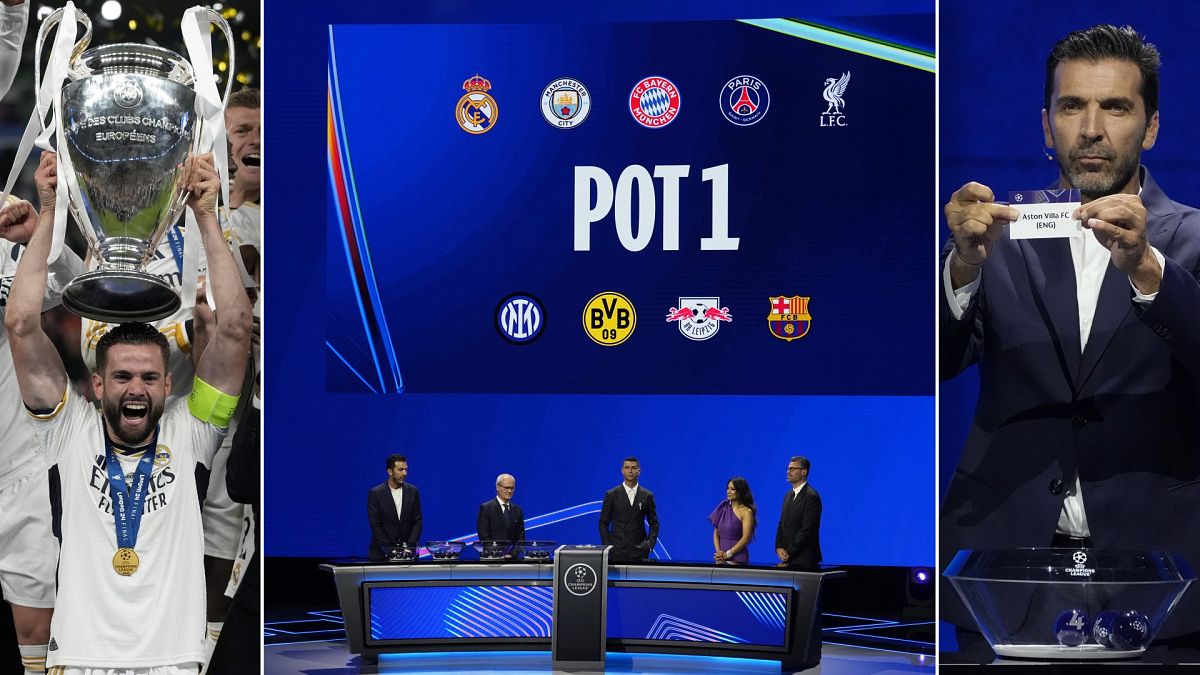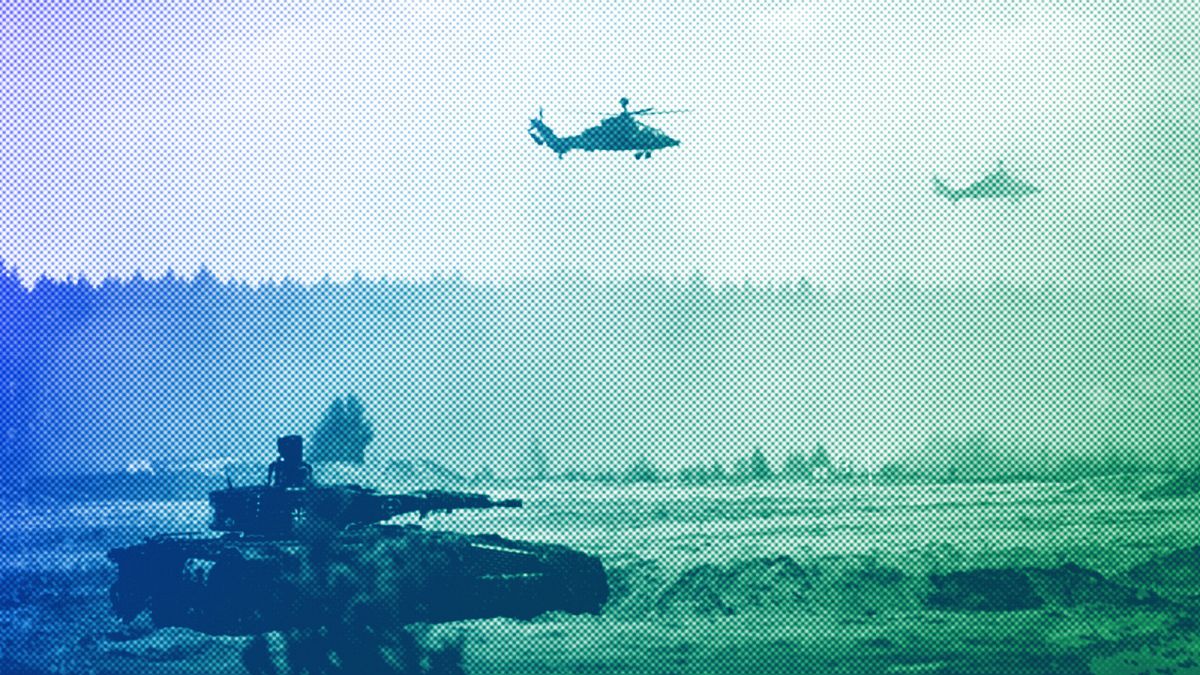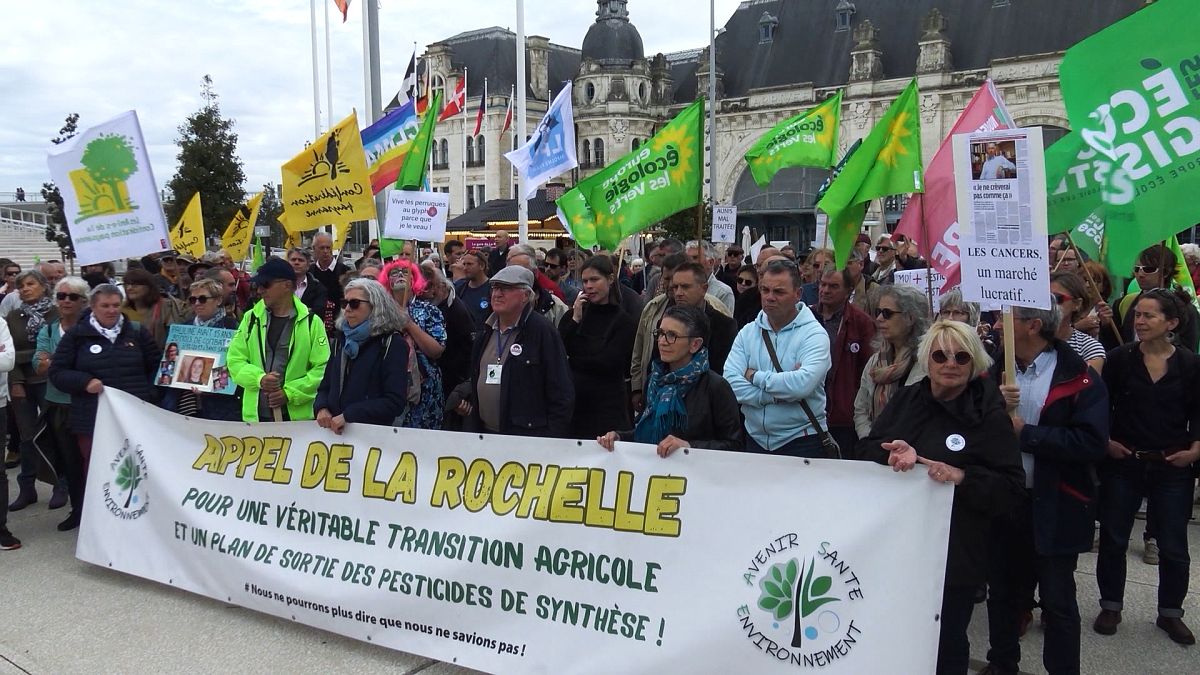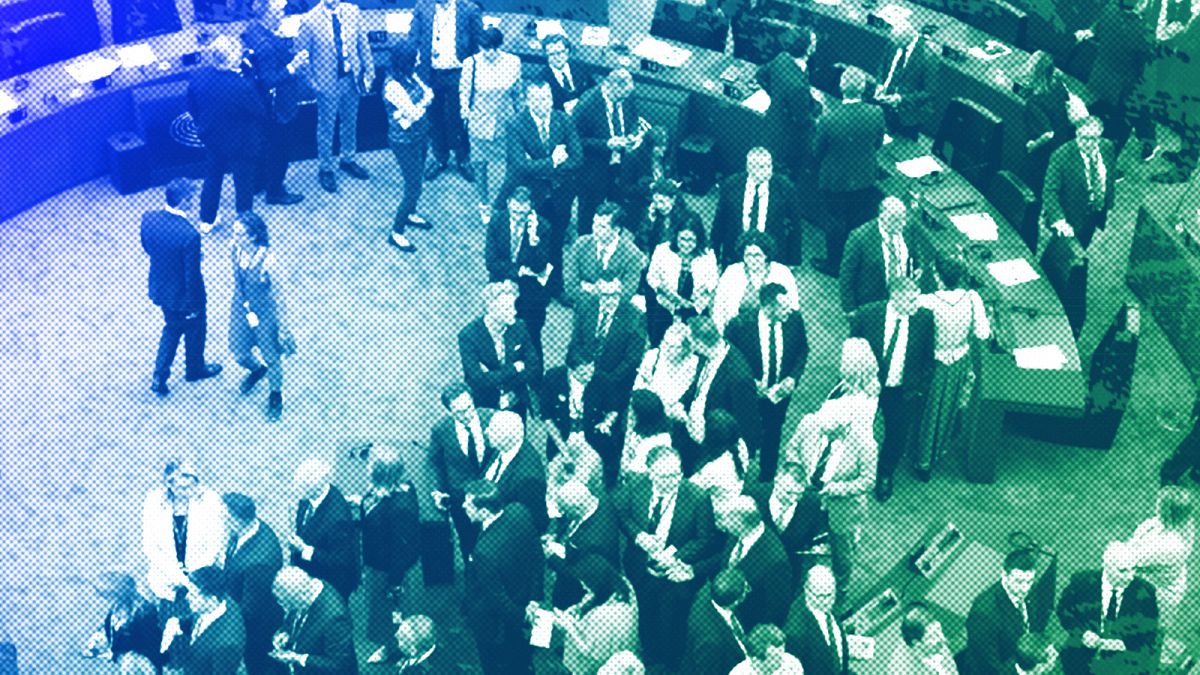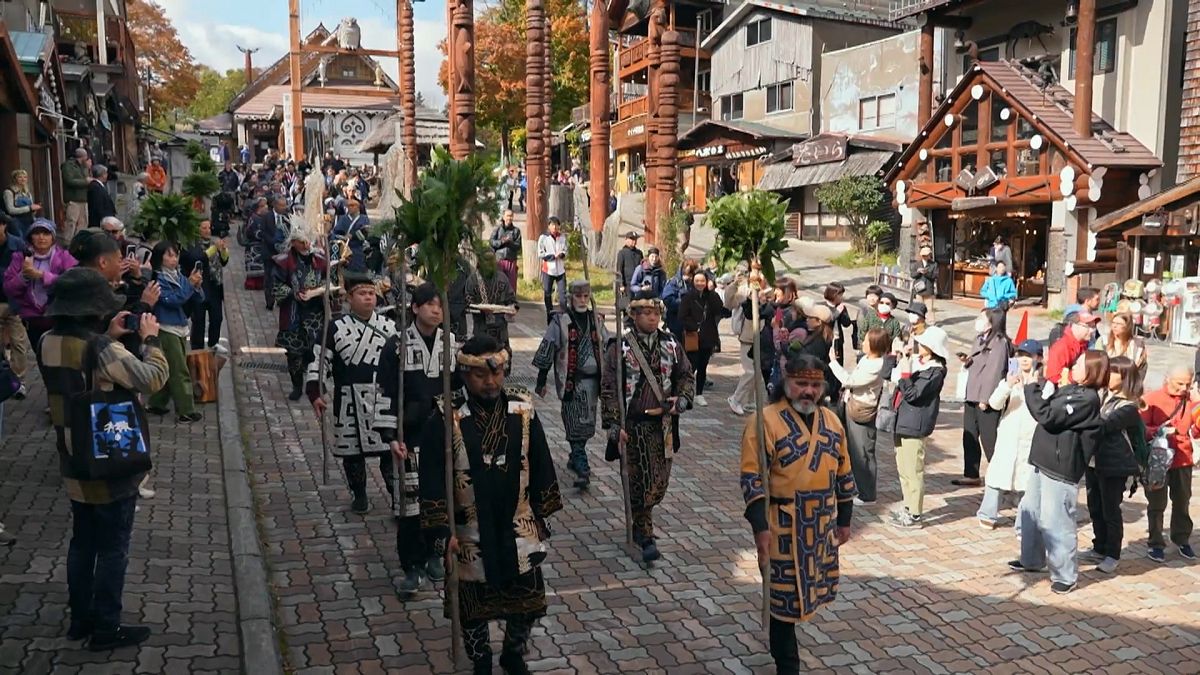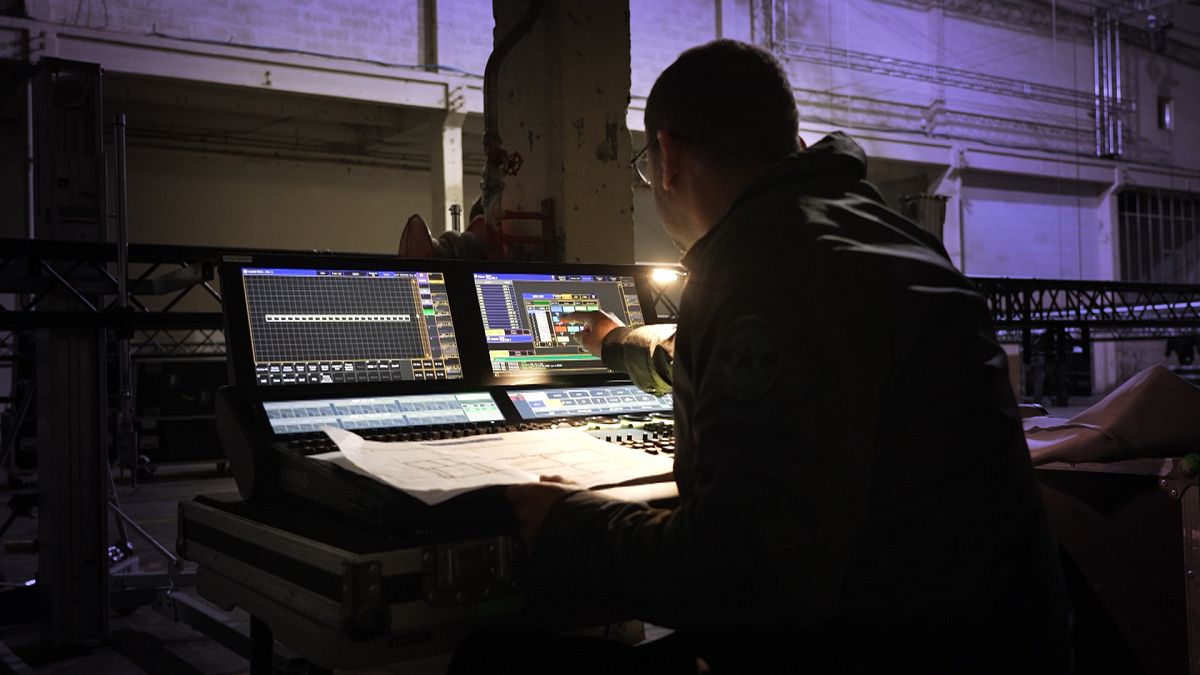Is Western myopia in Libya creating a far worse version of Gaddafi?
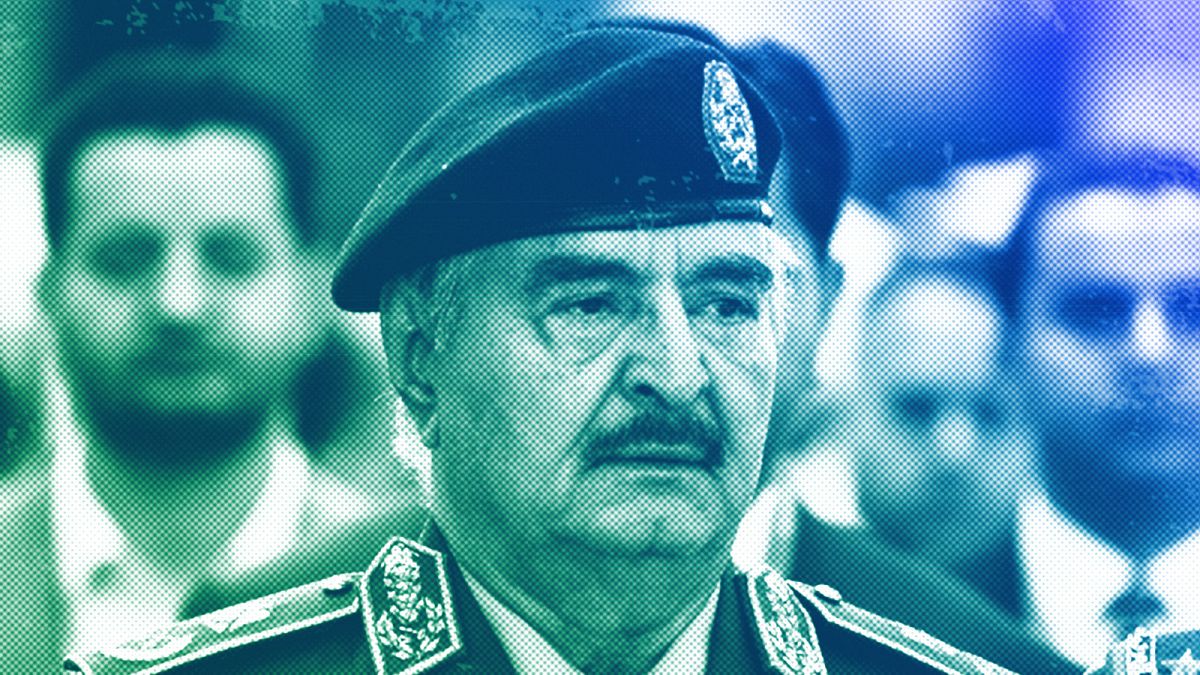
The opinions expressed in this article are those of the author and do not represent in any way the editorial position of Euronews.
If we do not prevent Libya from becoming a mafia state, the trend will not stop at Libya’s borders but become a norm in the region, and especially the Sahel, Hafed Al-Ghwell writes.
Today, a gridlocked Libya ambles along in an unsettling calm as Russia increases its presence in the region.
Libya continues to unravel quietly, with indications mounting that rival governments are regrouping for something big.
Recently, Italian authorities intercepted a cargo ship suspected of bringing Russian weapons to General Khalifa Haftar in eastern Libya.
The reason being that Russia is arming Haftar in return for allowing Moscow to build a port on the Mediterranean coast, which would give it a base with Italy directly in its sites.
The country remains compromised, not least by its self-assured ruling elites, but also by the unhelpful policy decisions and changing rules of engagement in Western capitals. I fear the consequences will likely birth the country’s next and likely Muammar Gaddafi.
Flip-flopping Western policies
Briefly looking back, we can see that Western approaches toward Libya have undergone noteworthy changes, shifting from narrow security-oriented strategies to facilitating inclusive political settlements.
And, when that failed to secure meaningful progress in restoring the Libyan state, the West subsequently devolved toward a messy strategy of pursuing agreements among Libya’s differing factions.
This new strategy erroneously viewed bargains between the fractious and unelected Libyan elites as a makeshift bridge toward the ultimate goal—peace and stability.
This is a grave miscalculation and a deliberate misreading of fairly obvious dynamics at play in Libya.
By prioritising exclusive bargains, the West inadvertently sponsored the entrenchment of Libya’s kleptocratic governance model that has successfully sidelined the building of key institutions and security sector reform.
At the core of this ill-informed shift in strategy was a severe underestimation of the underlying causes of Libya’s endemic instability and scapegoating of its political deadlock for a stalled state-building process. It also enabled the meteoric rise of “Clan Haftar”.
Small-time CIA asset turned Libya’s biggest strongman
Khalifa Haftar rose to prominence in Libya as a result of his military background and fortuitous alliances.
An ex-officer in Gaddafi’s army and commander of Gaddafi’s armies who tried and failed miserably to invade Chad, Haftar later turned into an opponent, participating in a failed coup before spending years in exile in the United States as a small-time CIA asset.
His return in 2011, followed by a series of events and foreign sponsorships, eventually catapulted Haftar into the larger-than-life figure he has become in Eastern Libya today.
After a failed and humiliating attempt to capture Tripoli with direct support from the UAE, Haftar’s stronghold remained in the east, where he established control through his Libyan Arab Armed Forces (LAAF), a network of alliances with tribal leaders, radical Islamists and other local armed factions with foreign backing, consolidating influence through both military and political manoeuvring.
A combination of strong anti-Islamist rhetoric, pure brutality, control over significant oil resources, and portraying himself as a bulwark of stability in a chaotic region further solidified his dominance in the eastern part of Libya — much to the delight of an international community exasperated by mounting policy failures in the country.
Despite a controversial background, problematic records of human rights violations, and deepening kleptocracy, Haftar continues to receive clandestine and overt support from various Western countries, including a recent visit with US officials.
France, for instance, valued Haftar’s promise of combating terrorism, stemming migrant flows, and possibly, being an insurance for Paris’ waning control over the Sahel.
Additionally, countries like Italy have been keen on gaining uninterrupted access to Libyan oil by trying to position Rome favourably in a post-conflict scenario and bolster its ambitions to become a Mediterranean energy hub, and Libya plays a prominent role in UAE’s ongoing agenda of gaining influence across North Africa and the Sahel.
Meanwhile, in Brussels, lavish economic incentives for Libya’s strongmen to control migration have altered the balance of power within the country.
By offering financial incentives to curb migrant flows, the EU is inadvertently subsidising the higher operational costs associated with keeping trafficking routes open, bankrolling Clan Hafar’s management of detention facilities and security operations essential for trafficking, and increasing its control over these illicit markets.
‘Haftar & Sons, Inc’
Beyond Libya’s borders, Clan Haftar turns a hefty profit from more lucrative criminal activities like fuel and drug smuggling, while maintaining a facade of cooperation with Europe to ensure uninterrupted financial flows.
To date, there is no credible accountability mechanism or other means for tracking where profits from illicit activities go, as well as who or what they end up funding.
Meanwhile, the more resources Haftar and his sons accumulate from its capture of Libya’s state expenditures, the greater its accumulation of power and influence, fostering a deepening personality cult around Clan Haftar.
In a sense, Europe’s and the US’ strategy of reinforcing the very instability and criminality it claims to mitigate is not just an own goal for its policy objectives.
It also perfectly encapsulates the paradox of supposed defenders of democracy, human rights and the rule of law openly crowding behind the antithesis of protection of human rights, political pluralism and consensus government at the expense of Libya’s democratisation prospects.
This trend readily reinforces Clan Haftar’s authoritarian rule. Before its downfall in 2011, the Gaddafi regime was characterised by unrestrained power concentrated in the hands of one individual, with the systematic suppression of dissent and political pluralism while at least maintaining a level of a normal state with public services and security for its people.
Clan Haftar has already replicated this model in its control of the East. Unchecked, Libya faces the real possibility of becoming a far worse form of an earlier era of personalistic rule, suppressed civil liberties, disappearing political opposition, and a monolithic and mafia-like power structure with no regard to anything else other than the Haftar & Sons Inc while pretending it’s a national army.
The implications are grave
Politically, while some level of order might be achieved in territories under Haftar’s control, the undermining of an inclusive and legitimate central government could perpetuate instability and unrestrained violence, particularly in contested areas.
Socioeconomically, while resource control might bring short-term gains for certain factions, the lack of a unified national vision could hamper long-term development and equitable economic growth.
Citizens, especially in contested or “forgotten” regions, may continue to face issues related to access to basic services, employment opportunities, and investment in infrastructure.
Beyond Libya, the empowerment of figures like Haftar, with documented ties to criminal networks and a history of human rights abuses, is very concerning. It signals a worrisome precedence for short-termism.
In sum, Western policy towards Libya, characterised by a preference for deal-making with controversial actors like the Haftar clan, is a myopic approach fraught with peril.
A recalibration of this strategy is imperative, one that prioritises the establishment of legitimate political institutions and respect for human rights.
If we do not prevent Libya from becoming a mafia state, the trend will not stop at Libya’s borders but become a norm in its region, and especially the Sahel.
Hafed Al-Ghwell is the Executive Director of the North Africa Initiative (NAI) and Senior Fellow at the SAIS Foreign Policy Institute (FPI), Johns Hopkins University.
Contact us at [email protected] to send pitches or submissions and be part of the conversation.
Source: Euro News



